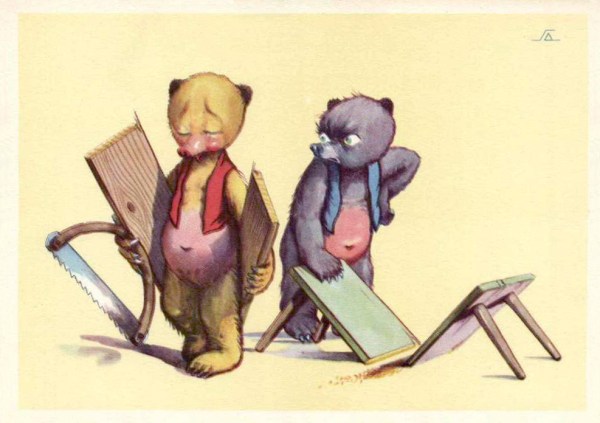
Probably few of our readers have any idea of the number and scope of the questions that continually pour in upon us, or of the labor involved in satisfactorily disposing of them. We certainly do not answer them all, and for at least two very good reasons, one of which is that we do not know enough. This is of course, very much to be regretted, both by ourselves and by those who apply to us.
Our second reason is also one to be regarded with little satisfaction, and that is, that we really have not sufficient time which we can properly spare from other duties to look up matters with sufficient thoroughness to enable us to shape unassailable answers. We risk our infallibility continually to preserve friendship, but, as a preservative process, it is not to be commended.
We might offer a third reason—and often the best reason of all—and that is, that in many cases it would be no kindness and little help to the questioner to answer his questions. It has seemed sometimes that we would be actually doing an injury by giving a direct and explicit answer to a simple question. We can say this freely, notwithstanding that we believe fully in not merely the propriety, but the absolute necessity of continual questioning.
We have no respect for the man, and no hope for the future of the man, who does not ask questions. The habit and the art of questioning are essential to all progress and success. The art is vastly important, and, unfortunately, does not go with the habit. All depends upon how and when the questions are asked. No man can carry all knowledge, or even more than a small portion of it; but many men know where and how to find what they want, and when they want it. They have the art of questioning, as far as it applies to knowledge already formulated or recorded.
But knowledge so communicated adds nothing directly to the store of the world. The most successful and productive questions are not those which are propounded by spoken or written word by one individual to another. It is the questions that are asked of things rather than of persons, of Nature rather than of man, usually in the guise of investigations or experiments, that bring the answers that enrich the race.
It is well for every man to employ as fully as possible the best and most reliable of all help, which is self-help. In the matter of getting information, independence is much more than the avoidance of reciprocal obligation. Going direct to the common sources of information is quicker and cheaper than any other way.
We wish to encourage rather than to discourage intelligent questioning, but we wish also to suggest some thought as to what it is proper to ask of us. A foundry foreman has written to us to know the weight of a cubic foot of molding sand. As he had the sand and the scales beside him, the question would have been a very proper one for us to ask of him; but going in the other direction, it does not pay the freight. It is not necessary just now to give another instance; we trust that our readers will be able to catch the idea.
American Machinist – May 6th, 1897
—Jeff Burks